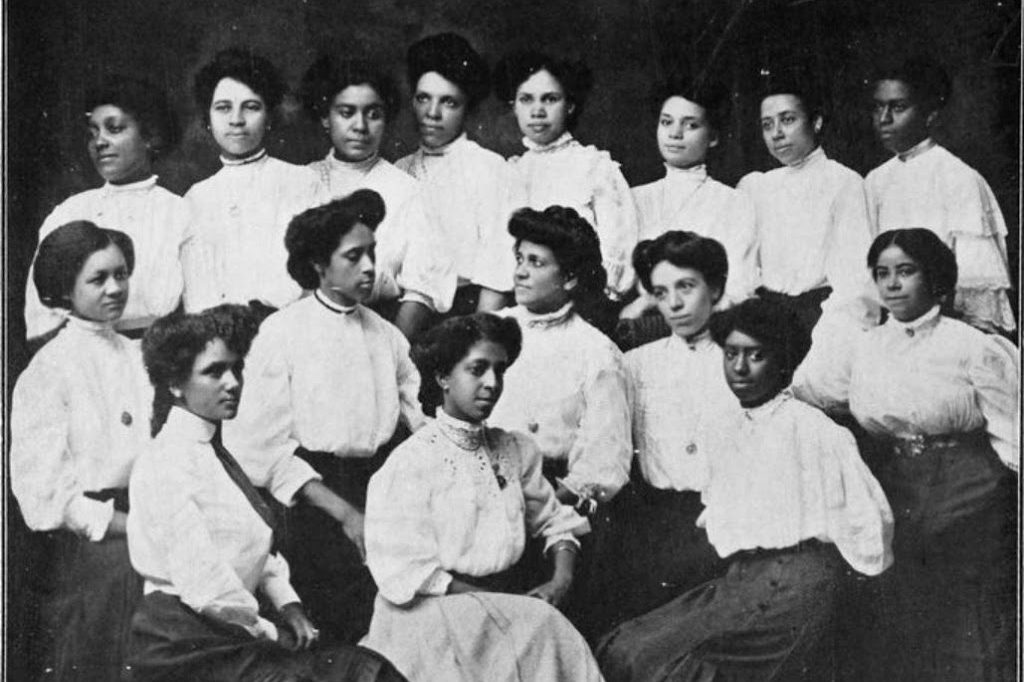The national anthem controversy currently roiling our body politic has a longer history than we may be aware of. I just ran across a story that I think provides some comically prescient insight regarding what’s really behind some (not all) of the outrage that’s been expressed in our society at the refusal of some African American football players to stand for the national anthem at NFL games.
The interesting thing about this story is that it was written almost 75 years ago during WW2. It appears in the November, 1943 issue of The Crisis, the magazine of the NAACP. The author was Chester B. Himes (1909-1984), an African American who would become a celebrated writer of detective fiction. Four of his novels, including If He Hollers Let Him Go and Cotton Comes to Harlem, were made into feature films. In 1958 he was awarded the Grand Prix de Littérature Policière, France’s most prestigious award for crime and detective fiction.

The story Himes wrote for The Crisis in 1943 was called, “All He Needs Is Feet,” and with obvious irony recounted the story of an unlucky black man named Ward.
It opens with Ward walking down the street in Rome, Georgia. He comes upon a group consisting of two white men and a white woman, and steps off the sidewalk to let them pass, as any prudent black person in the Jim Crow South at that time would do. But one of the white men bumps into him anyway. When the man accuses him of hogging the street and, using the n-word, tells him to beat it before he gets into trouble, Ward can do nothing but comply.
But that’s when he makes his big mistake. As Ward goes he mumbles under his breath, “all right, Mr. Hitler.” The aggressive white man hears him, becomes enraged, and hits Ward on the side of his head. Ward retaliates, and that starts a chain of events that ends up with him being attacked by a white mob that, instead of lynching him, soaks his feet in gasoline and sets them on fire. He loses both feet. Of course it’s Ward who is arrested and put in jail.
After he’s released, family members get together the money to get him out of the South. They send him to Chicago, where he has a brother-in-law working in a defense plant.
As Himes tells the tale, Ward is an obviously patriotic fellow. He has a brother in the Army and another in the Navy. He has already bought three war bonds and is saving up to buy a fourth. One night he goes to the movies to see a patriotic war film, Battan, which he especially enjoys because there’s a black character in it who is presented “like a sho-nuff soldier, just like the white men in the picture.”
But when the film finishes, poor Ward has one more humiliation to suffer. Here’s how Himes concludes the story:
But when the picture came to an end, a big, beautiful American flag appeared on the screen, and the stirring strains of the National Anthem were heard. The audience rose rapidly to their feet and applauded.
Ward did not arise.
A big, burly white man, standing behind him, reached down and thumped him on the head. “Stand up, fellow,” he growled. “What’s the matter with you? Don’t you know the National Anthem when you hear it?”
“I can’t stand up,” Ward replied.
“Why can’t you?” the white man snarled.
“I ain’t got no feet,” Ward told him.
For an instant the white man stood there in a sort of frustrated fury; and then he drew back and hit Ward on the side of the head. Ward fell forward, down between the rows of seats; and the white man turned and ran up the aisle toward the exit.
A policeman, who had been standing in the foyer, and had witnessed the incident, grabbed the white man as he came out of the aisle.
“You’re under arrest,” he said. “What’s the trouble, anyway?”
“I just couldn’t help ‘it,” the white man blubbered, tears running down his cheeks. “I doan understand you people in Chicago; I’m from Arkansas, myself. I just couldn’t stand seein’ that nigger sitting there while they played the National Anthem–even if he din have no feet!”
Of course, not every critic of players who don’t stand for the national anthem at a football game is like that Arkansas traveler. But I’m sure that Chester Himes, if he was alive today, would insist that the attitudes he was lampooning in his story still color the thinking of far too many in our society.
Image credit: Fried Dough via flickr (CC BY 2.0)

